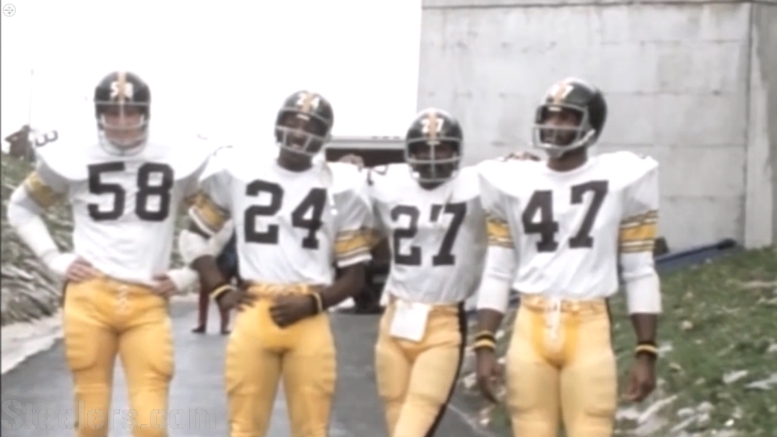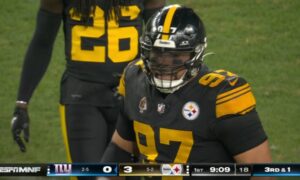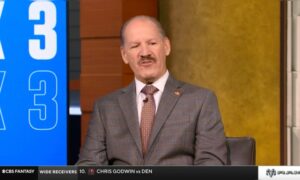So far, no team in NFL history has ever won more than four Super Bowls in a single decade. The Green Bay Packers did win five championships, including three pre-Super Bowl championships, in the 1960s, which remains arguably the greatest run in NFL history.
The Pittsburgh Steelers of the 1970s, however, made a great run at it, and even at the end of the road, they believed that they had more left in the tank. In 1978, they became the first team ever to win three Super Bowls, and then followed it up the next season to become the first to four. They had won their first two only in 1974-5.
And they believed they should have won in 1976 and 1977 as well. And in 1980. And 1981, etc.
At least, Mel Blount did. He recently sat down for an interview with Stan Savran for the team’s website, and Savran asked him about the end of their dynastic run after the 1979 Super Bowl and if he sensed that was the end of the road.
“I never thought that. I don’t know what the other guys thought”, he said. “But I think when we went to the Rams, and won that Super Bowl, we had some of our former coaches on that staff. [Bud Carson], and I think also Lionel Taylor”.
The Steelers defeated the Los Angeles Rams at the end of the 1979 season in Super Bowl XIV, and indeed Bud Carson was their defensive coordinator, Taylor their wide receivers coach. Each held the same positions in Pittsburgh up to the 1978 season, when both departed for Los Angeles.
“Here’s the thing. We went out there, and after winning that Super Bowl, we thought there were several more Super Bowls in us, because we beat the Rams, and we beat them with some of our former personnel”, Blount said.
“We thought that we were gonna go back, because winning is contagious, and you just think that once you do it, you know what it takes, and you’re gonna get it done. I never thought that would be our last Super Bowl”.
The Steelers would go 9-7 in 1980, finishing third in the AFC Central. John Stallworth missed all but three games that season. Franco Harris and Lynn Swann each missed three and five, respectively, and Rocky Bleier missed 10, which changes coming in the starting lineup. They missed the playoffs altogether, and would do so in 1981 as well, going 8-8. They lost in the Wildcard Round in the strike-shortened 1982 season.
After that, many key players retired, or had already retired, including Terry Bradshaw and Joe Greene. The dynasty was over. There was more left in the tank, but they couldn’t drive it to the finish line one more time.








